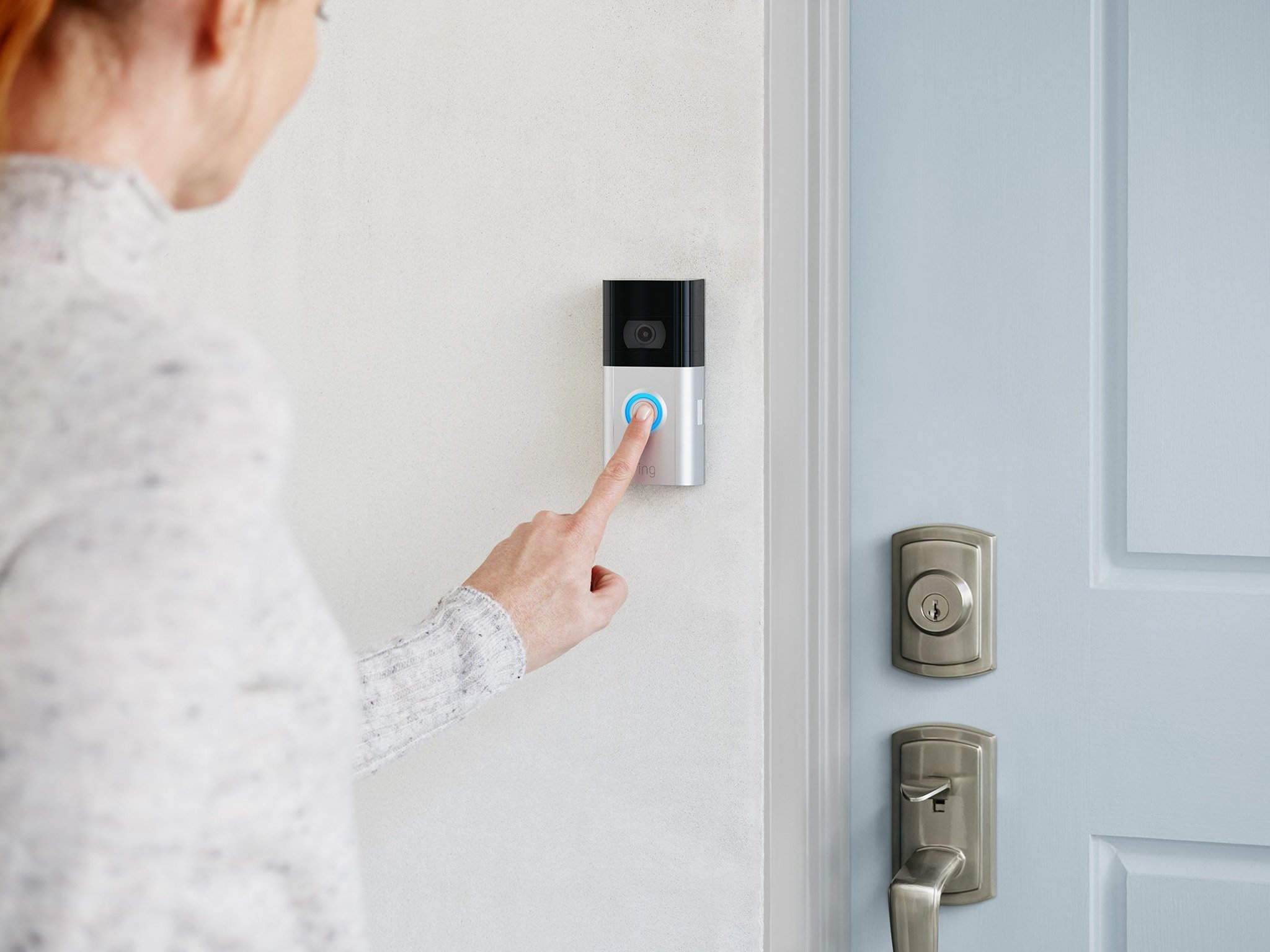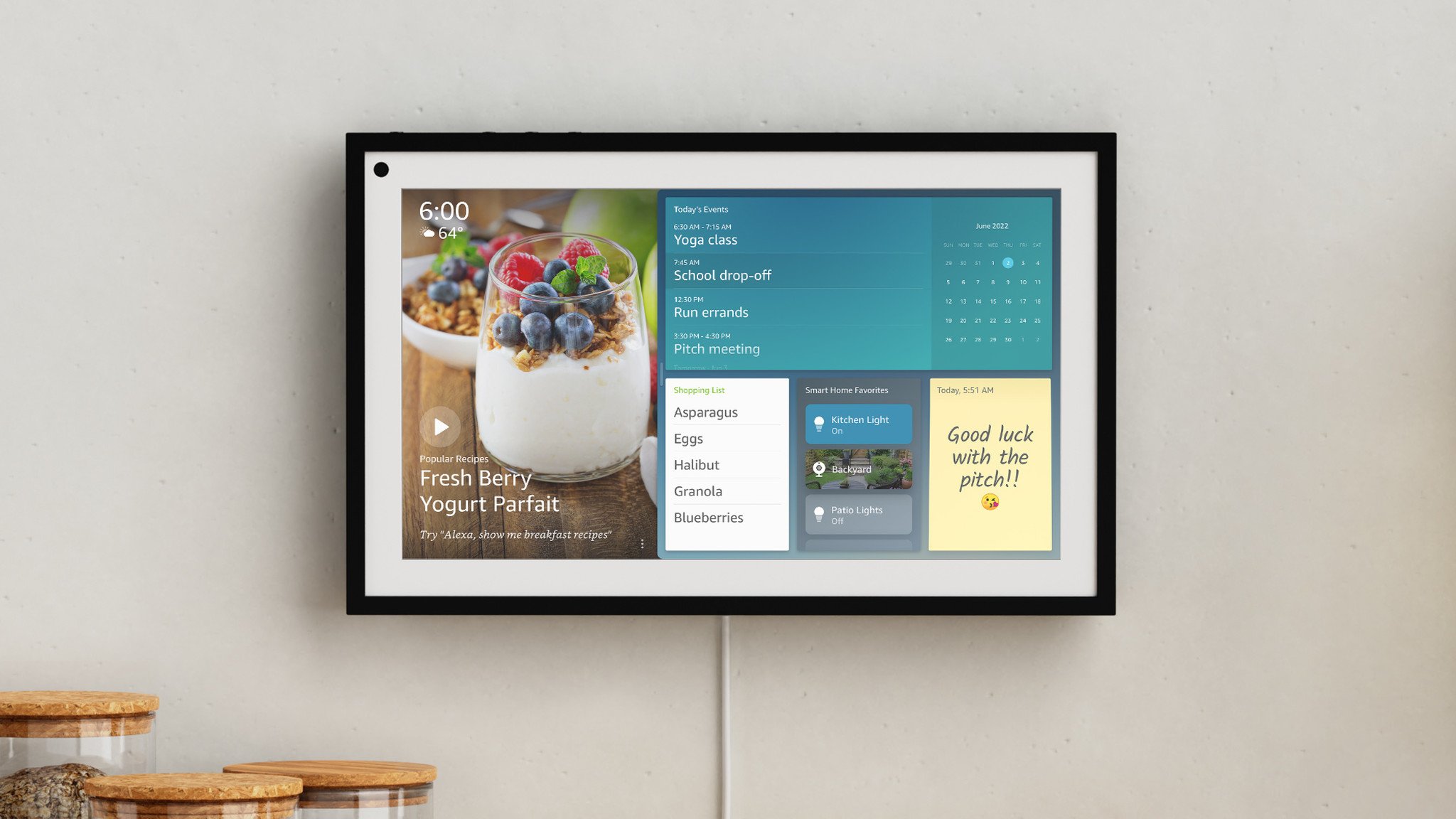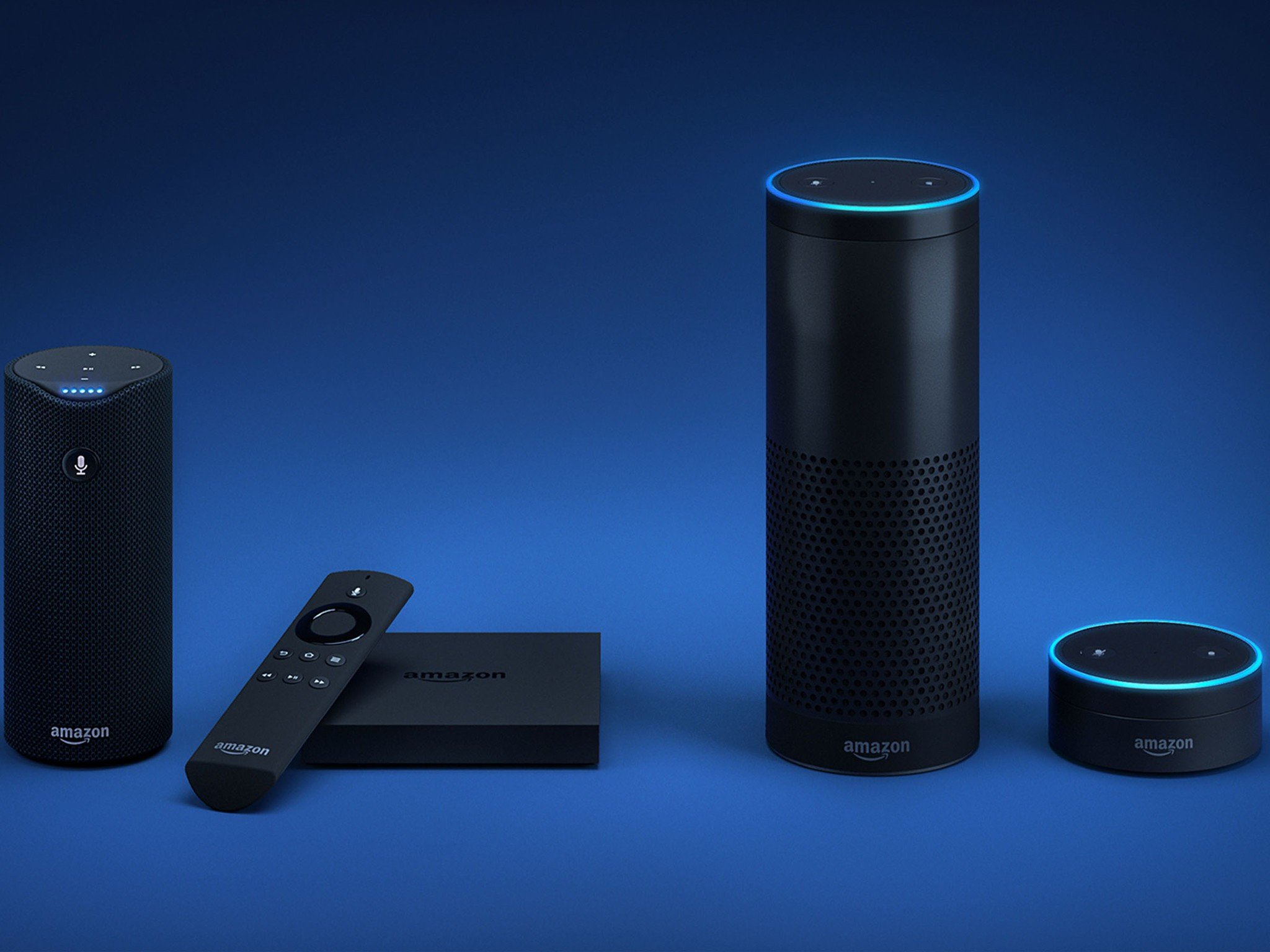Amazon should learn from its recent AWS outage, but it probably won't

Experts say it's time Amazon offers offline controls
According to experts, Amazon's Web Services (AWS) should start offering local or offline controls of its smart home devices, following a major outage that left consumers unattached to several products for hours last week. However, there are mixed reactions as to whether Amazon will commit to this feature.
During the morning of Dec. 7, AWS, or Amazon's massive cloud system, began experiencing connectivity issues with servers. As a result, the outage affected many web services throughout the day, including popular payment app Venmo, streaming services such as Disney Plus and Netflix, in addition to smart home apps like iRobot and Amazon Alexa. Most Amazon services like Prime Music and Prime Video were also down during the outage, and customers were even unable to order items from Amazon during parts of the outage.
Amazon's Ring Video Doorbell customers also reported that they were unable to access the Ring app, which means customers couldn't view any camera feeds or manage their Ring Alarm. It should be noted that Ring Alarm Pro allows cameras to store locally on an SD card. Still, despite that, customers couldn't access this data because they couldn't access the Ring app at all. By early afternoon, services were slowly restored, though some apps still experienced longer than usual load times.
Amazon stated the outage happened because of impaired network devices.
Android Central reached out to Amazon asking if it plans to offer local or offline support to its smart home devices on the AWS network, but did not receive a response in time for publication.
IDC's research manager of worldwide device trackers, Jitesh Ubrani, says the outage makes a great case for why local or offline control can benefit consumers, especially security devices.
"When it comes to Alexa, the need to have these features may not be as high when compared to Ring or any other security products. Security cameras, alarm systems, and other such devices should certainly have offline modes made available to users as they are often used in a scenario where 100% uptime is key. That said, Ring's basic alarm systems were still functioning yesterday though some features like Alexa integration and the app itself were offline," he says.
According to a poll that Android Central conducted last week, of the 96 people who voted, 37.5% agreed that local or offline support is needed.
Hopefully today's #alexa and #RingDoorbell outages will lead to more consumers asking for local control or offline support in their smart home devices. This is one of the few differentiators smaller brands offer but it's often seen as unnecessary by many.
— Jitesh Ubrani (@JiteshUbrani) December 8, 2021
There's a reason why companies like Amazon do not want to offer offline support
Ubrani adds that it's likely these specific products don't have offline control because it would mean Amazon would have to "fork over control" to the end-user, giving up security in the process of doing so.
"Device makers often benefit financially from the data that is collected by smart home devices, and if consumers have the option to operate the device in offline mode, then device makers could potentially lose money or charge more for the hardware," he says.
On the security side of things, Ubrani adds that users could miss out on key software updates and enhancements, which wouldn't be suitable for the device maker, especially if there was a security breach that put the device in jeopardy because of old software.
"Companies need to make the business case to justify adding offline controls" - Carmi Levy, technology analyst
Carmi Levy, a technology analyst, says cloud-based products like Ring are often targeted at a specific price point and a particular customer.
"Adding more complex offline capabilities into a product that was originally built to be largely cloud-based adds complexity and cost to the point that it may no longer meet the specific needs of the targeted customer," he says.
Levy notes that a successful piece of consumer-focused tech has to be simple, cheap, with additional local or offline capabilities that "could push it solidly out of that very tightly controlled sweet spot."
And it's not that offline capabilities wouldn't be beneficial, Levy says, but it's whether the company producing these products "can make the business case to add them in."
Anshel Sag, a senior analyst at Moor Insights & Strategy, agrees with Levy, noting that it would cost companies to offer this feature.
"[It] likely requires more local compute, and that translates to more expensive silicon even though it shouldn't really be that hard to do," he says.
The Echo Show 15 could be the answer, maybe
It's worth adding that Amazon's Echo Show 15, which was announced in September, is powered by its next-generation Amazon AZ2 Neural Edge processor for faster, on-device speech recognition and processing. The device also features a 15.6-inch 1080p display, the largest among the best smart displays.
It means that the product could offer offline capabilities and is part of Amazon's strategy, but this has not been announced or revealed.
Sag says that because the smart device has the new AZ2 AI processor and is paired with the Amlogic chip, "it will have some decent local AI capabilities."
"But it seems like a lot of that is designed to lower latency and improve responsiveness, and it's not immediately apparent that it will be able to support offline use. That said, the possibility seems high, and I'm hopeful it will," he says.
"If the Echo Show 15 was truly offline, it might be able to perform all of its functions." - Jitesh Ubrani, IDC
Ubrani says Echo Show 15's local compute supports facial recognition to personalize the results on the display and processes voice commands. He says these are privacy-related measures so that facial recognition and voice data aren't sent to the cloud.
"That said, I am doubtful that even if the user's face or voice is recognized, the Echo Show 15 will be able to perform the functions that are asked of it if the device were to be truly offline," he says.
Avi Greengart, president and lead analyst at Techsponential, says Amazon has been leaning on MediaTek and its ability to let Amazon customize compute and AI functionality to build products that do more processing on-device rather than in the cloud.
"That gives Amazon two advantages: faster response time to Alexa requests and better privacy protections for consumers. But it still requires a connection to the cloud to operate," he says.
Google and Apple have more advantage than Amazon
Currently, Google offers offline capabilities with its line of smart home devices. Apple has similar functions but requires a local hub, an iPad, or your iPhone.
Despite this, Greengart says Google's products are just as dependent on the cloud as Amazon.
Ubrani says that because Apple's HomeKit system requires a hub that is present on the local network, many HomeKit devices can still communicate with each other, "though the system is still not perfect and many services/features are cloud-dependent."
Sag says that Google and Apple both understand that "there always needs to be a certain base level of functionality independent of connectivity."
But even though Google and Apple have figured out offline connectivity, Amazon still dominates the smart assistant market share.
According to a survey IDC conducted in 2021, Alexa users are the most loyal, with a mere 22% using Google Assistant, while only 27% of them also use Apple's Siri. Meanwhile, the survey indicated that almost half of Siri users rely on Alexa, while nearly 40% of Google Assistant users do the same.
Mass outages are not going to get people to change devices
Sag says if outages like what occurred with AWS consistently and continuously happen, people will likely switch their products.
"Especially if this outage affected their day-to-day operations," he says.
Ubrani hopes that people decide to switch to products that offer more offline capabilities but isn't "confident that it'll happen."
"These types of outages are rare, and users often forget, are placated too easily, or simply rely on the tech too much to move into something else. We've seen it happen multiple times, and most companies face few repercussions," he says.
Levy agrees, noting that this outage will be long forgotten, and people will get back to their regular lives.
"I doubt a single outage lasting a few hours will have much of a material effect on consumer behavior over the long term. While some customers are likely still grumbling about the inconvenience of this particular outage, the comforting reality for Amazon in the wake of this headline-grabbing event is that most folks have awfully short memories," he says.



No comments